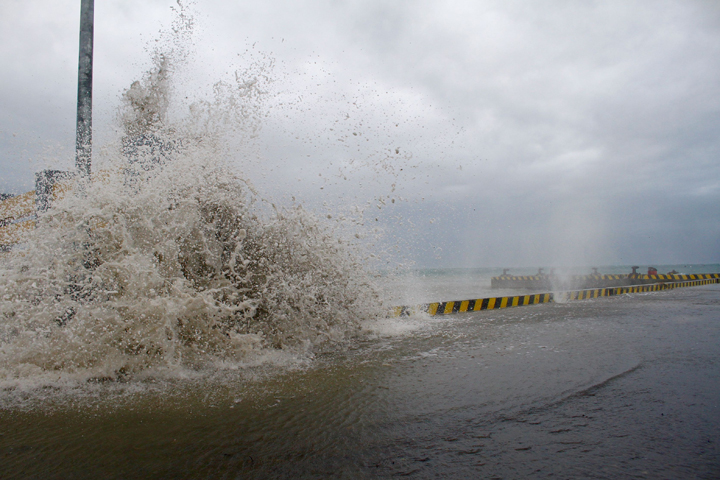
THE Philippines will be able to tap P380 million from the UN Central Emergency Response Fund mechanism (CERF) to prepare for the upcoming typhoon season.
United Nations (UN) Resident and Humanitarian Coordinator in the Philippines Gustavo Gonzalez said on Thursday the funds will be allocated as part of an innovative pilot test for anticipatory actions.
With the two-year funding from the UNCERF, the pilot’s anticipatory interventions will be executed by agencies while the UN Office for the Coordination of Humanitarian Affairs (OCHA) will provide overall coordination.
“The framework is designed to support 270,500 most vulnerable people in 44 municipalities across Regions 5 [Bicol] and 8 [Eastern Visayas] three days prior to landfall of a category-4 or 5 typhoon,” the UN said in a statement on Thursday.
The announcement for the assistance was made in the context of a High-Level Meeting co-chaired by Gonzalez and Defense Secretary Delfin Lorenzana, who is also chairman of the National Disaster Risk Reduction and Management Council.
A collaborative dialogue explored ways in which anticipatory approach can address challenges of the climate crisis.
Lorenzana noted the government was “eager to further explore how to contextualize the pilot and ensure it empowers the local government units which are our first line of defense.”
The Philippines’s defense chief also said that the “current focus provides a good start to eventually roll out the pilot to other areas.”
“This work would not be possible without international collaboration and I welcome the resource partners and recognize their commitment, both globally and nationally, in advancing humanitarian response, disaster risk reduction and addressing climate change,” said Gonzalez.
“UK, Germany, EU and Canada are key contributors to the CERF and these resource partners, together with the World Bank, are also pioneering supporters of anticipatory action,” he added.
The UN agencies which will participate in the pilot in the Philippines include Food and Agriculture Organization of the United Nations (FAO), International Organization for Migration (IOM), and United Nations Population Fund (UNFPA), among others.
A series of anticipatory pilots are facilitated by the CERF around the world as there has been compelling evidence that acting before the disaster hits reduces cost and saves lives.
UN said acting before disasters strike cuts the costs of humanitarian response, preserves people’s dignity and allows for a faster recovery by protecting hard-won development gains that were already achieved.

